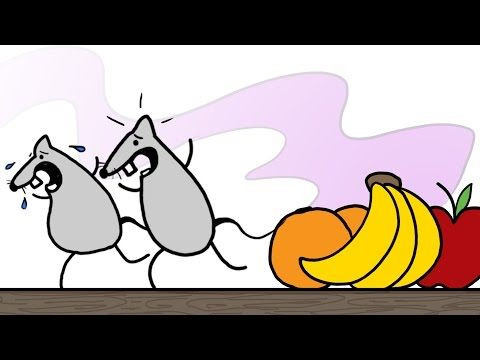Genetic Inheritance Is Not As Cut-And-Dry As We Once Thought, Thanks To Epigenetics

The field of conventional genetics tell us that only DNA is passed on to offspring. So how do we explain this experiment that seemingly changed the genetic makeup of rats via fear?
Here's how it went: Rats that were introduced to the orange-cherry-almond scent of acetophenone were also given an electric shock that eventually garnered a healthy fear of the smell among rats. They also developed extra neurons in their noses and smell processing centers of their brains, which made them extra sensitive to the smell of acetophenone — this part isn't too shocking.
Here’s the shocking part. Not only did the pups of the original rats, and their subsequent pups experience fear when presented with the smell of acetophenone, but researchers discovered the pups also developed those same extra neurons. The pups never met their fathers and were never introduced to that smell.
Chemical switches attached to DNA, also known as epigenetic tags, are passed from parent to offspring and carry the parent’s experiences. The original experiment switched smell sensing genes in rats into overdrive through fear. This switch happened in various areas of the rat’s body, but especially in their sperm cells, which facilitated the inheritance.
Click on the video to learn more about epigenetics.



























